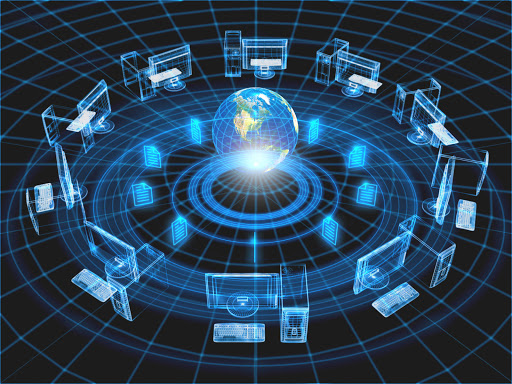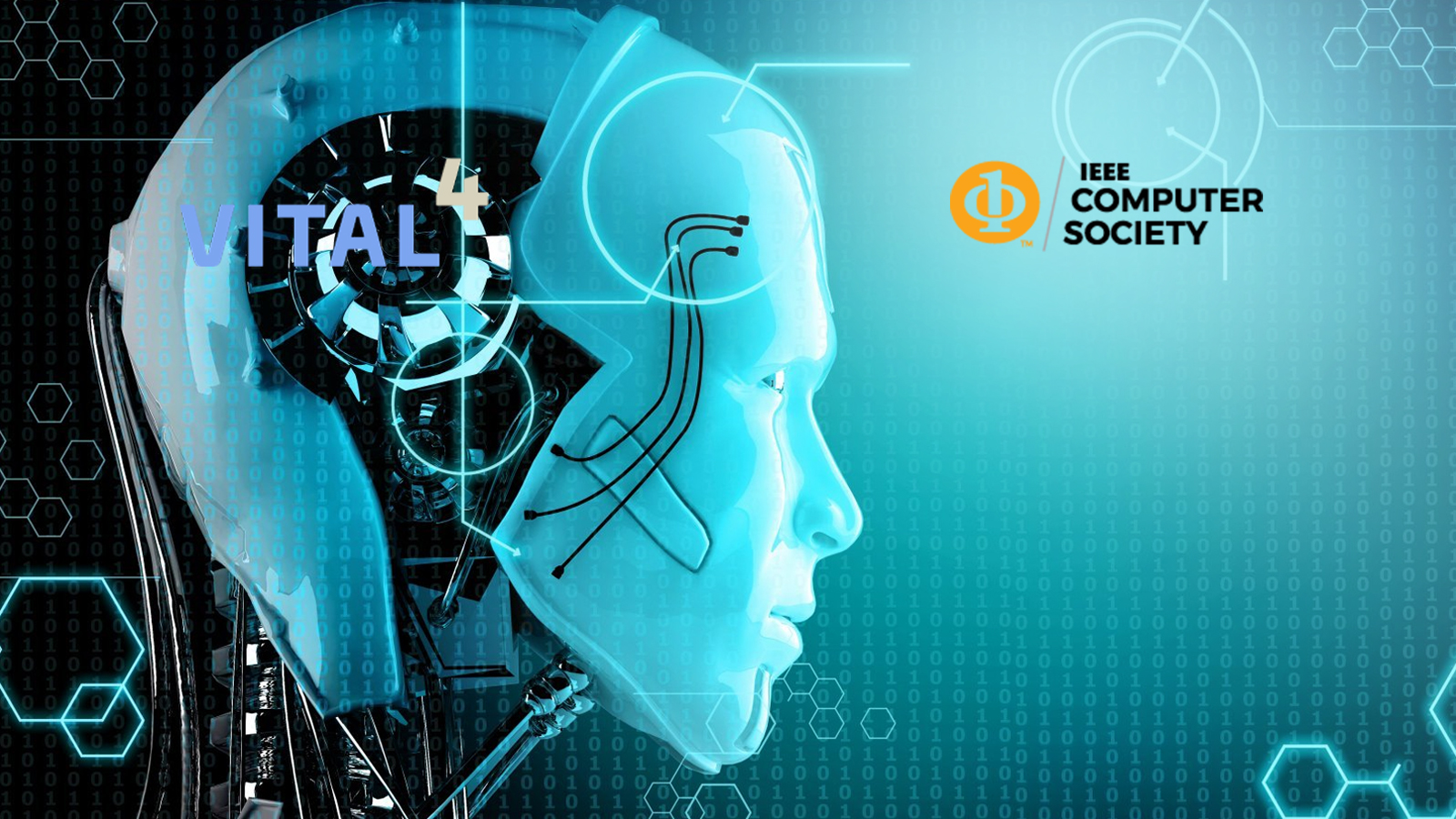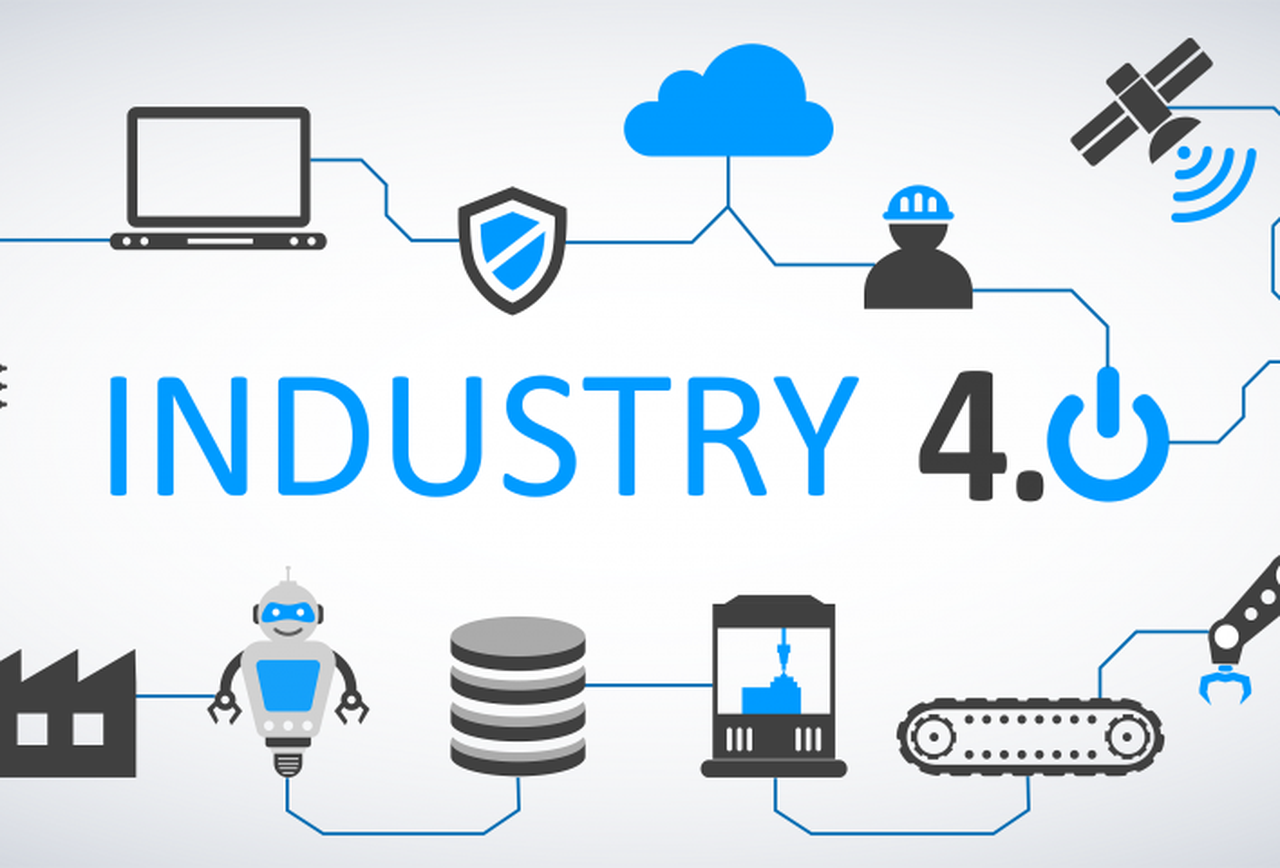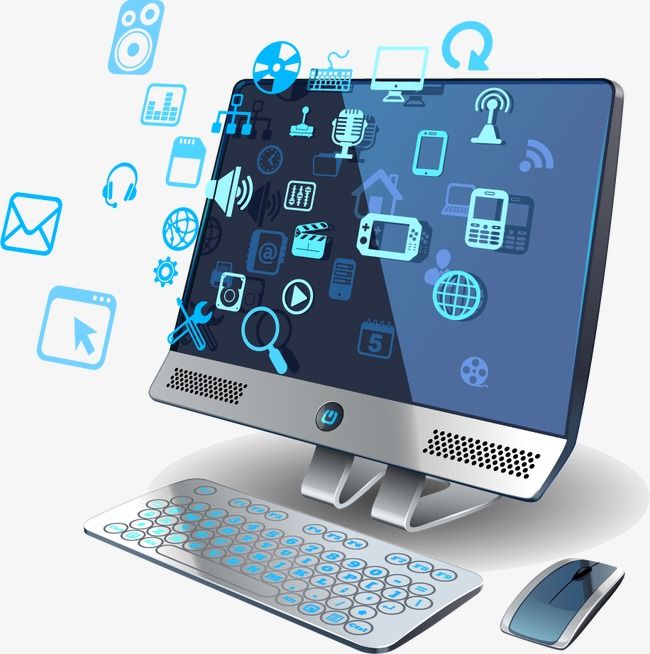
This course focus on how different information systems can be used to support organizations and make them grow, set goals, make decisions and assist managers analyze different trends in the organization. Information Systems also focuses on how organization involves people, business processes, information and technology, managerial aspects in decision making and human resource management. Information systems use databases to make work easy for organizations.
- Tutor: Thierry Barata S.
- Tutor: Kumwami John
- Tutor: Elie Kambale

Our generation strives to be the quick paced society which we are known to be. To do so, our generation uses computers to their full potential in order to do more tasks and to do them at a faster pace. Computers benefit the business and personal world by being able to do the following more efficiently: buying and selling products, communicating throughout the world, enhancing our knowledge, job influences, entertainment, research, and paying bills. We’re now capable of creating new, more and better quality tasks via computer technology. Computers also benefit society with the enhancement of knowledge of medicine which creates more effective treatments for a healthier and longer life. Computers are improving healthcare through robotics and research. We communicate operation results and any surgical problems easily and immediately between healthcare providers all over the world. Using robotics, surgeons can now perform surgeries in remote and/or distant countries without ever leaving their resident hospital. education, computers have changed the way we are able to acquire knowledge and attend school. In the past, school was a physical building we had to attend. Today, we can "attend" school completely online, never having to step foot outside of our homes, or attend both online and on a college campus in what is known as a blended course. We are able to invest our time differently and accomplish more. The convenience of computers is that we are able to access the computer 24 hours a day, 7 days a week, and 365 days a year. This gives our society time to expand our knowledge and create new opportunities for our selves.[1]
Being crucially important to the human race, computers have ultimately altered the way today’s society works, communicates, entertains, and educates. There is hardly any field of career left where technology isn’t essential; every small action performed in a job ultimately goes through some kind of a computer. In the end, being able to communicate and engage in this fast-paced manner enhances productivity levels by a great amount. One area this advancement of computers has immensely impacted is the business field. All businesses use computers to keep track of accounts, money, or make transactions. No longer will it take days, or even weeks, to communicate with someone that might not be located in one’s vicinity, as a computer allows one to easily send and receive emails with just a click of a button.
Another field that has come a long way since the production of computers is the entertainment area. Without the exceptional special effects put into an action movie with the help of our advanced technology, the audience would most likely not enjoy the show, resulting in the potential collapse of the entertainment business. For example, imagine watching the epic science fiction film, Avatar, but without any special effects put into it…it certainly would not be as entertaining as the power of computers transformed it to be. Hence, computers are able to keep both consumers and sellers satisfied, while still continuing to integrate into the everyday lives of average individuals
- Tutor: Thierry Barata S.

The recent changes in the world and in technology present both challenges and opportunities to the computer education, which must be adapted to meet these challenges. More and more computer courses strive to include entrepreneurship and innovation in the curriculum. However, integrating entrepreneurship and innovation education in computing curriculum could have a significant effect on the creativity, innovativeness, leadership and entrepreneurial intentions of computing.
- Tutor: Kumwami John

For adults who lack familiarity with computers, life in the modern age can be a challenge. That’s because technology is involved in almost every aspect of our lives:
we need it for work, school, keeping in touch, day-to-day task management, remote education and even online shopping.
Being able to use a word processor is required for students and working professionals because formal assignment and written reports must be typed.
Referencing and research that used to be done in a library is now largely undertaken via online searches of the worldwide web and academic databases.
You need an email address to sign up for new services, make online purchases, apply for jobs and education programs, and communicate with friends and family.
Even something as simple as locating a suitable local tradesman is more efficient when done through an online search vs. looking in the yellow pages.
And while tablets and smartphones account for a large portion of our daily technology use, computers are still an important tool.
- Tutor: Thierry Barata S.
- Tutor: Elie Kambale